UPSC Commerce Optional Classes – Complete Course Details
The UPSC Commerce and Accountancy Optional is one of the most preferred subjects among aspirants with a background in commerce, accountancy, management, economics, or finance. Over the years, it has proven to be a high-scoring optional with a well-defined syllabus, strong overlap with professional courses like CA, CS, CMA, MBA, and M.Com, and excellent relevance to real-world business and financial practices.
Choosing the right optional can significantly influence your success in the UPSC Civil Services Examination, and commerce has consistently delivered excellent results for those who prepare strategically. Our UPSC Commerce Optional Classes are meticulously designed to provide in-depth conceptual clarity, systematic syllabus coverage, and exam-focused preparation that aligns with the evolving demands of the UPSC exam.
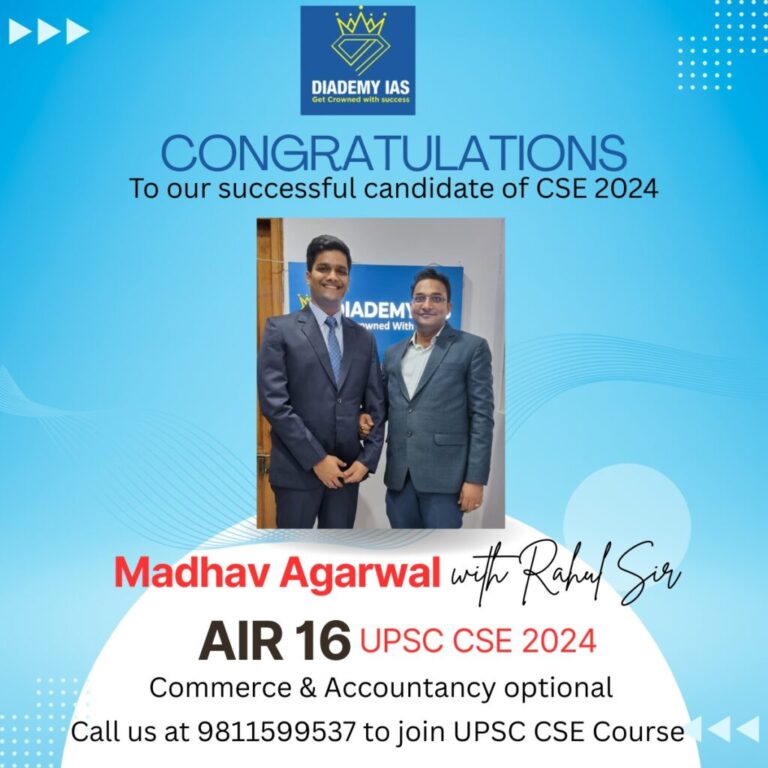



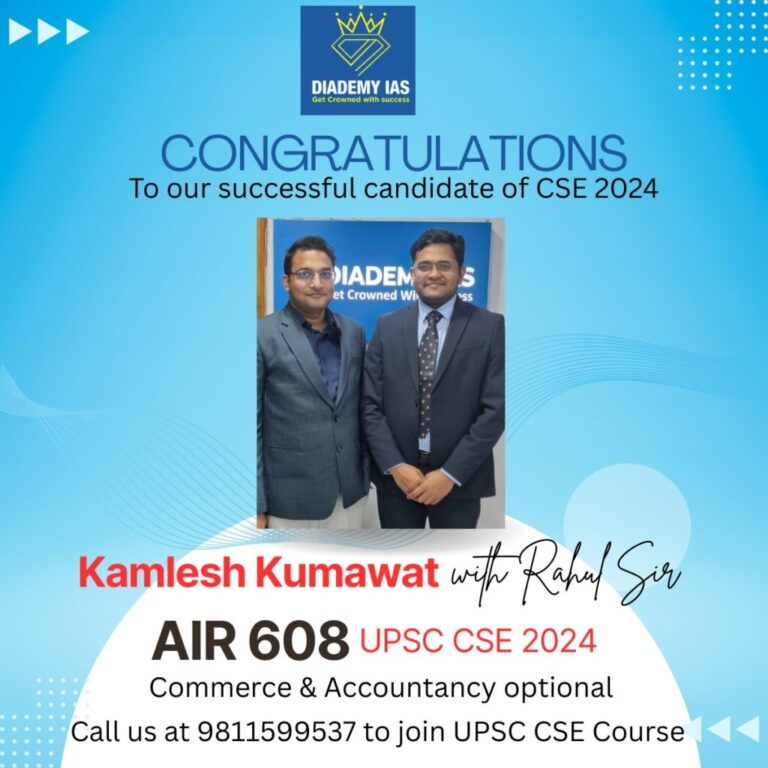
Why Choose Commerce & Accountancy as Your UPSC Optional?
Well-Defined Syllabus – Unlike some optionals with an abstract scope, commerce has a fixed and structured syllabus, which makes preparation systematic.
Scoring Potential – Papers include both theory and practical components, giving aspirants an opportunity to secure high marks with accurate problem-solving and clear conceptual answers.
Overlap with Professional Background – Students from commerce, accounting, and management fields already have exposure to most topics. This gives them an edge in terms of preparation time and confidence.
Relevance in Administration – Knowledge of financial management, taxation, auditing, and HRM is directly useful for a civil servant’s career.
Consistency in Results – Commerce optional has consistently produced toppers and successful candidates in UPSC over the years.
Commerce Optional Course Highlights
Our UPSC Commerce Optional Classes are structured to give students not just knowledge, but also the right strategy to excel in the exam.
Complete Coverage of Paper I & Paper II with in-depth explanation and practice.
Expert Faculty Guidance from mentors with academic excellence and UPSC coaching experience.
Concept-Oriented Teaching – Focus on fundamentals, applications, and real-world examples.
Updated Study Material based on UPSC trends and recent developments in commerce and management.
Answer Writing Practice with personalized evaluation to help students write precise and impactful answers.
Dedicated Test Series including sectional and full-length tests.
Doubt-Clearing Sessions to ensure individual attention.
Flexible Learning Options – Both online and offline classes available.
Special Focus on PYQs – Previous year questions are analyzed, discussed, and integrated into teaching.
Detailed Syllabus Coverage
The Commerce & Accountancy Optional syllabus is divided into two papers, each carrying 250 marks.
Commerce Optional Syllabus
Paper I – Accounting & Finance
Accounting
Financial Accounting – principles, concepts, standards.
Corporate Accounting – company accounts, mergers, acquisitions, share capital.
Partnership Accounts, Branch Accounts, Consolidated Accounts.
Accounting Standards and IFRS.
Emerging areas in accounting like social and environmental accounting.
Cost & Management Accounting
Cost concepts, methods of costing.
Budgeting and budgetary control.
Standard costing and variance analysis.
Marginal costing, decision-making techniques.
Responsibility accounting and performance evaluation.
Taxation
Direct taxes: Income tax, corporate tax.
Indirect taxes: GST – principles and structure.
Tax planning, tax avoidance, tax evasion.
Auditing
Principles of auditing and auditor’s duties.
Internal control, internal audit, and statutory audit.
Cost audit, management audit, performance audit.
Professional ethics and recent amendments.
Financial Management
Capital budgeting and investment decisions.
Cost of capital and capital structure.
Dividend policies.
Working capital management.
Risk analysis and financial planning.
Paper II – Business & Management
Organization Theory & Behaviour
Principles of management and classical theories.
Modern theories of organization.
Decision-making processes.
Motivation, leadership, and communication theories.
Human Resource Management (HRM)
Recruitment, selection, training, and development.
Performance appraisal and compensation.
Industrial relations, grievance handling.
Wage policy and labour welfare.
Industrial Relations & Labour Laws
Trade unions, collective bargaining.
Dispute settlement machinery.
Important labour legislations in India.
Financial Markets & Institutions
Indian financial system – structure and role.
Capital market and money market.
Stock exchanges and SEBI regulations.
Banking system reforms.
International Business
Globalization and trade theories.
Balance of payments and exchange rate.
WTO and international trade agreements.
Multinational corporations (MNCs).
Recent Trends in Management & Commerce
Corporate governance and ethics.
Business environment and policy changes.
Emerging issues in e-commerce and digital economy.
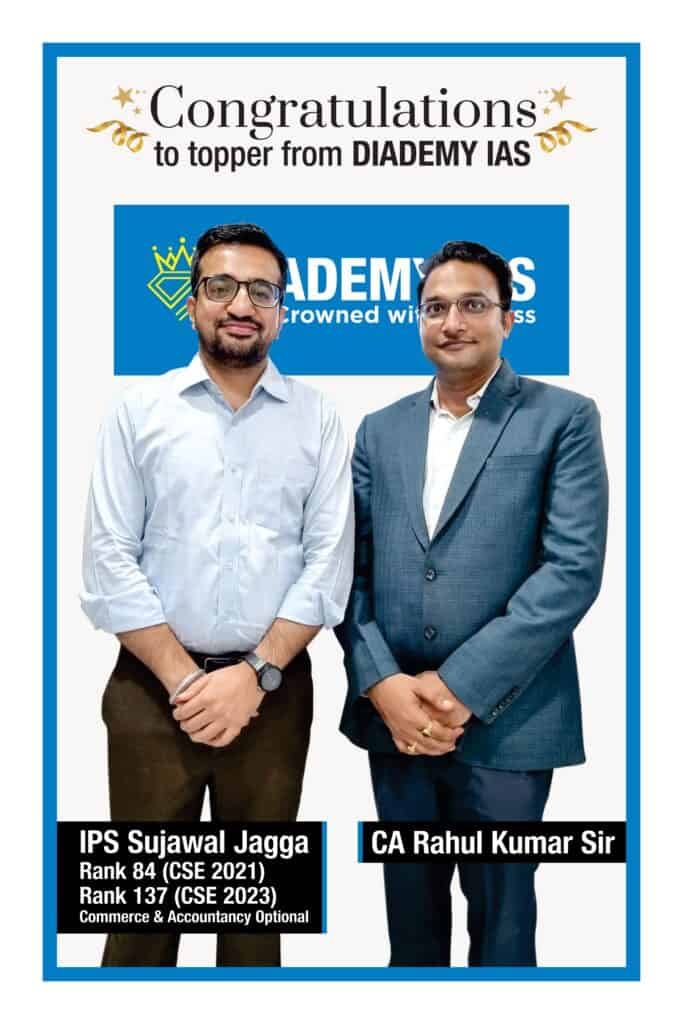
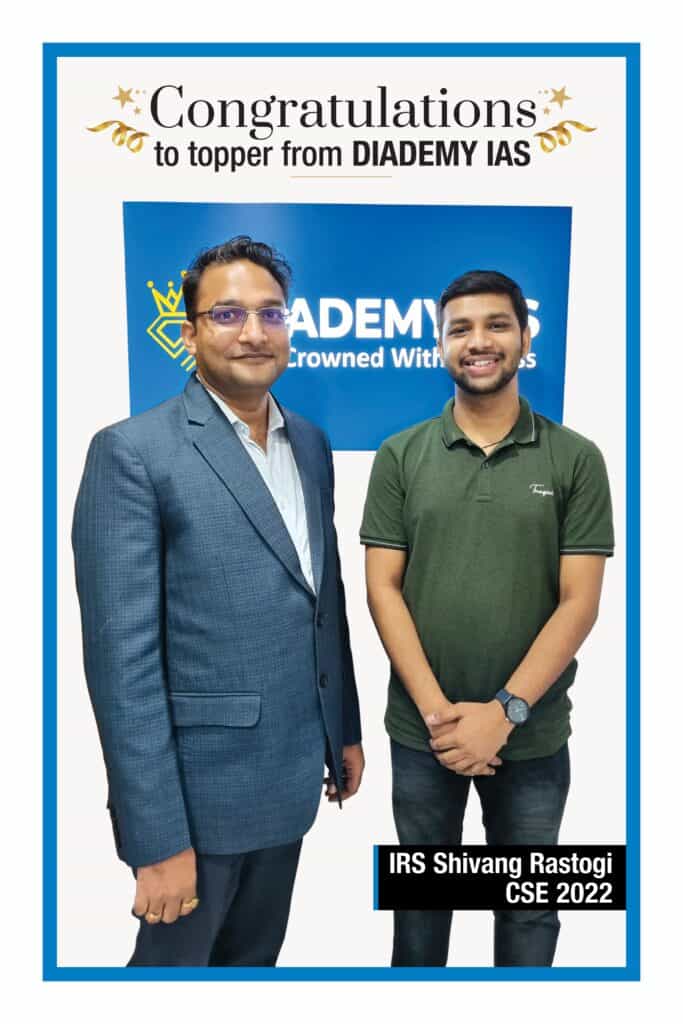
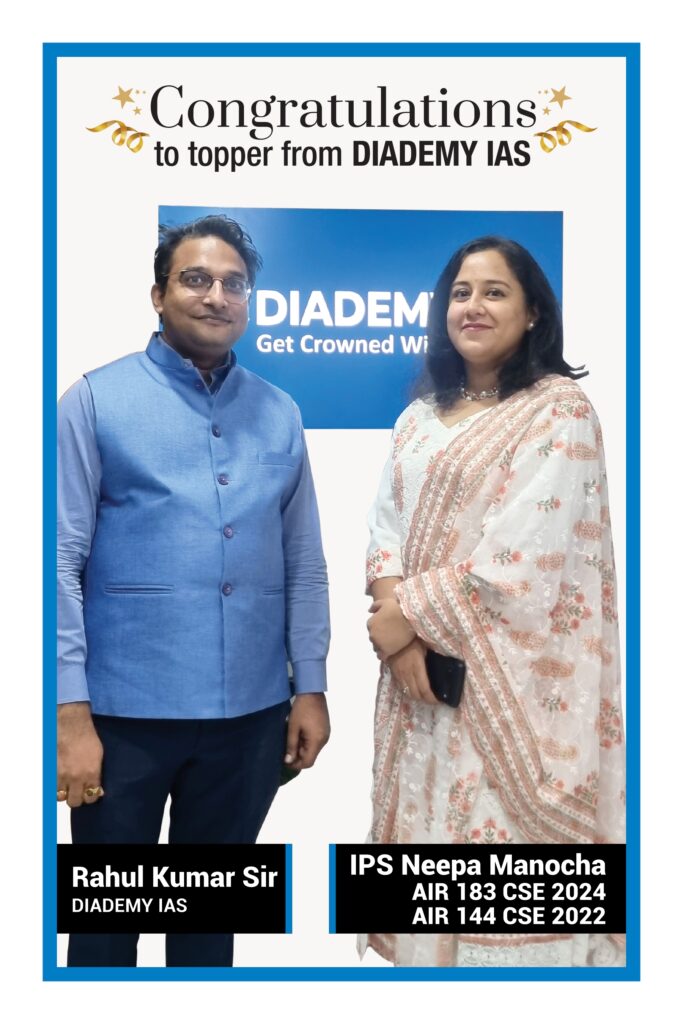
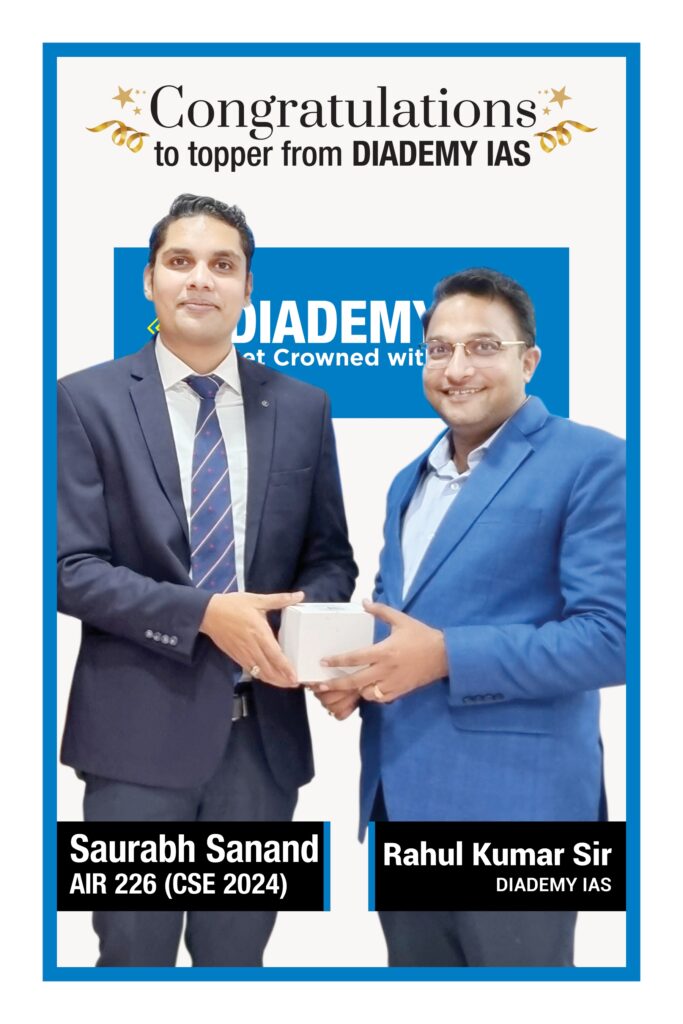
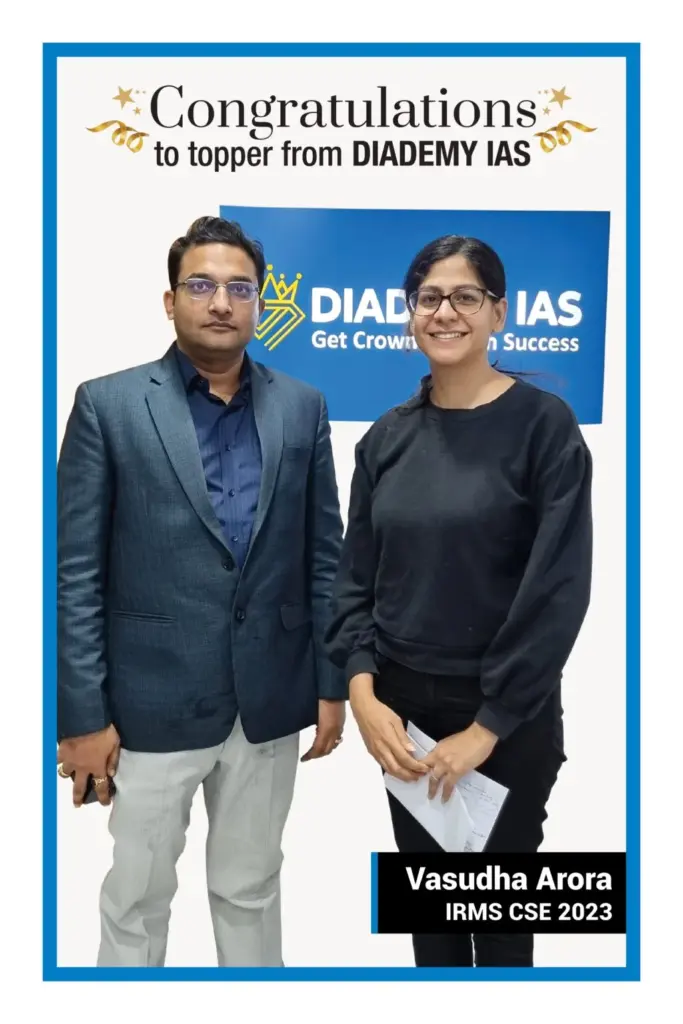
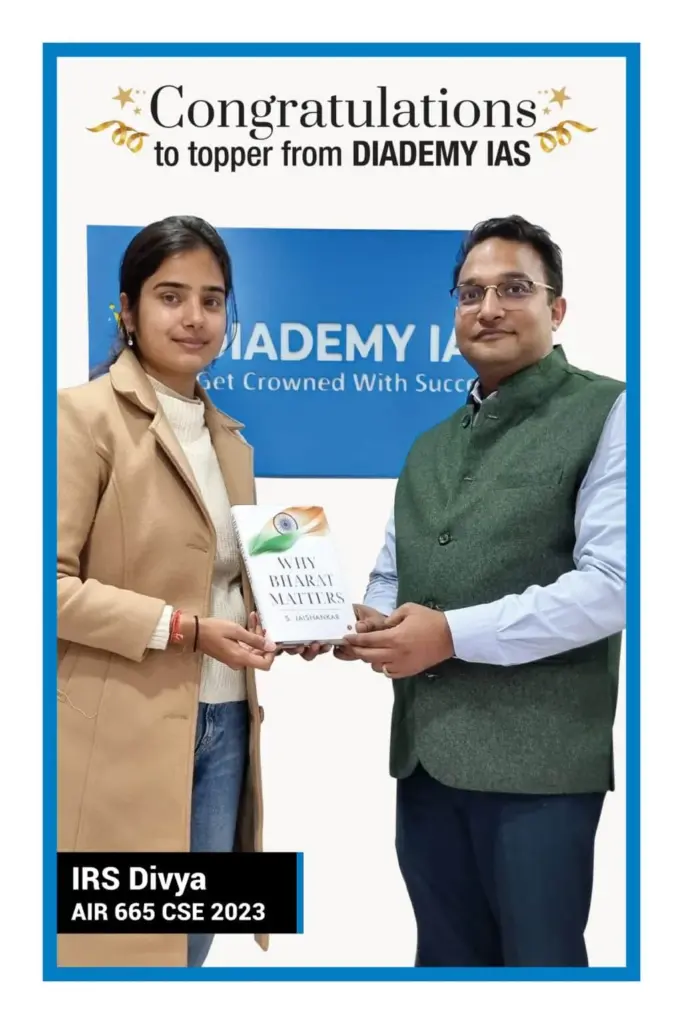
Commerce Optional Course Features
- Previous Year Question Paper Analysis – Identifying recurring patterns and frequently asked themes.
Current Affairs Integration – Linking recent developments with syllabus topics.
Special Mentorship Sessions – Strategy discussions and personalized guidance.
Notes & Material – Simplified and exam-ready handouts for easy revision.
Who Should Join This Course?
Students with academic backgrounds in Commerce, Accountancy, Economics, or Management.
Professionals pursuing or completed CA, CS, CMA, MBA, or M.Com.
Aspirants who prefer a defined syllabus with high scoring potential.
Candidates who want practical + theoretical balance in their optional subject.
Benefits of Choosing Our UPSC Commerce Optional Classes
Structured Learning – From basics to advanced level, no topic left uncovered.
Personalized Guidance – Small batch size ensures individual mentorship.
Exam-Focused Approach – Emphasis on writing answers that fetch marks.
Practical Insights – Use of real-world case studies and examples.
Proven Track Record – Alumni securing top ranks in UPSC with commerce optional.